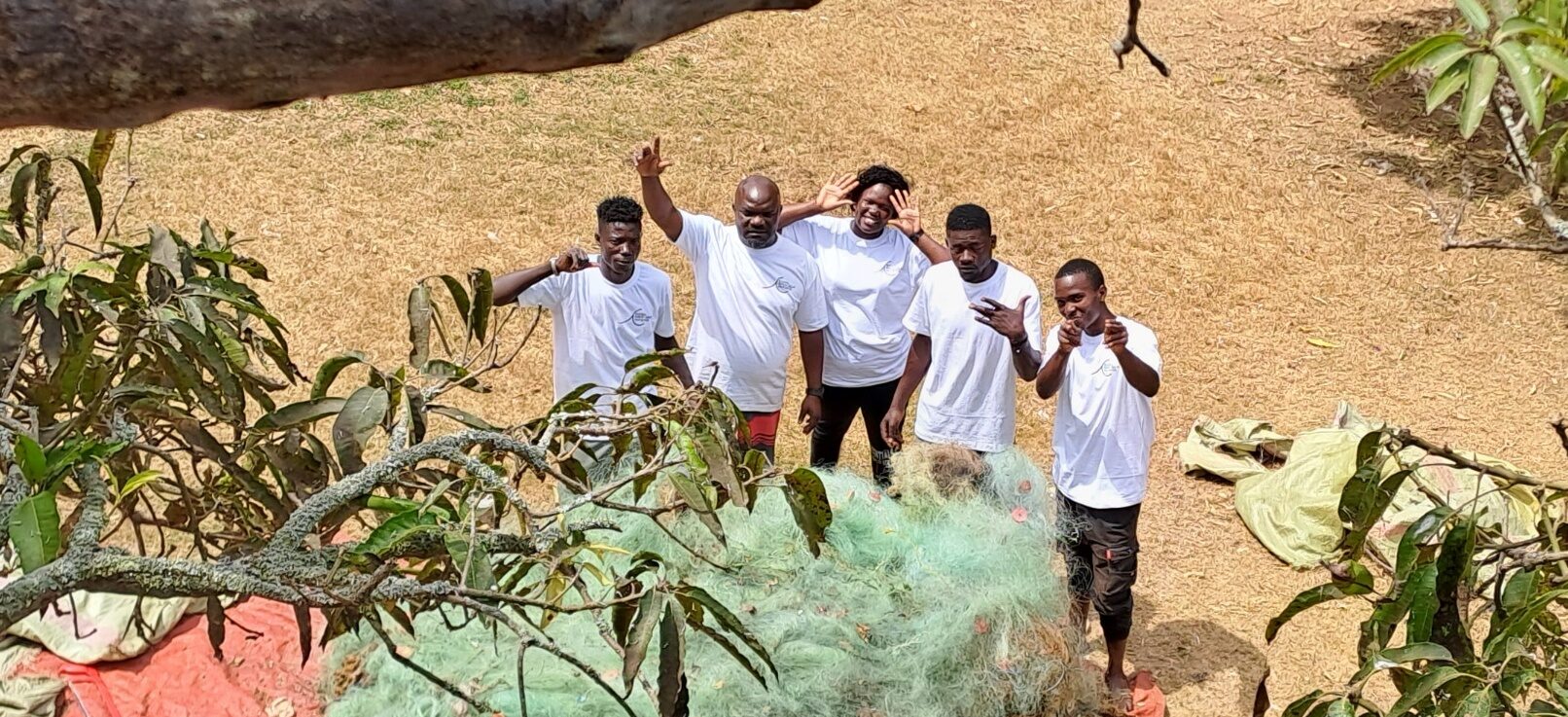Lake Victoria, the world’s second-largest freshwater lake by surface area, is divided between Kenya, Tanzania, and Uganda. More than 40 million people rely on Lake Victoria for their food, water, and hydropower and its fisheries provide income for over three million people – it quite literally sustains life. The question is: for how much longer? The lake is dying due to eutrophication, water pollution, invasive species, climate change, overfishing, and ghost fishing. This long list of problems has been felt by the fishing communities relying on the lake – catch rates are lower, and poverty is higher.
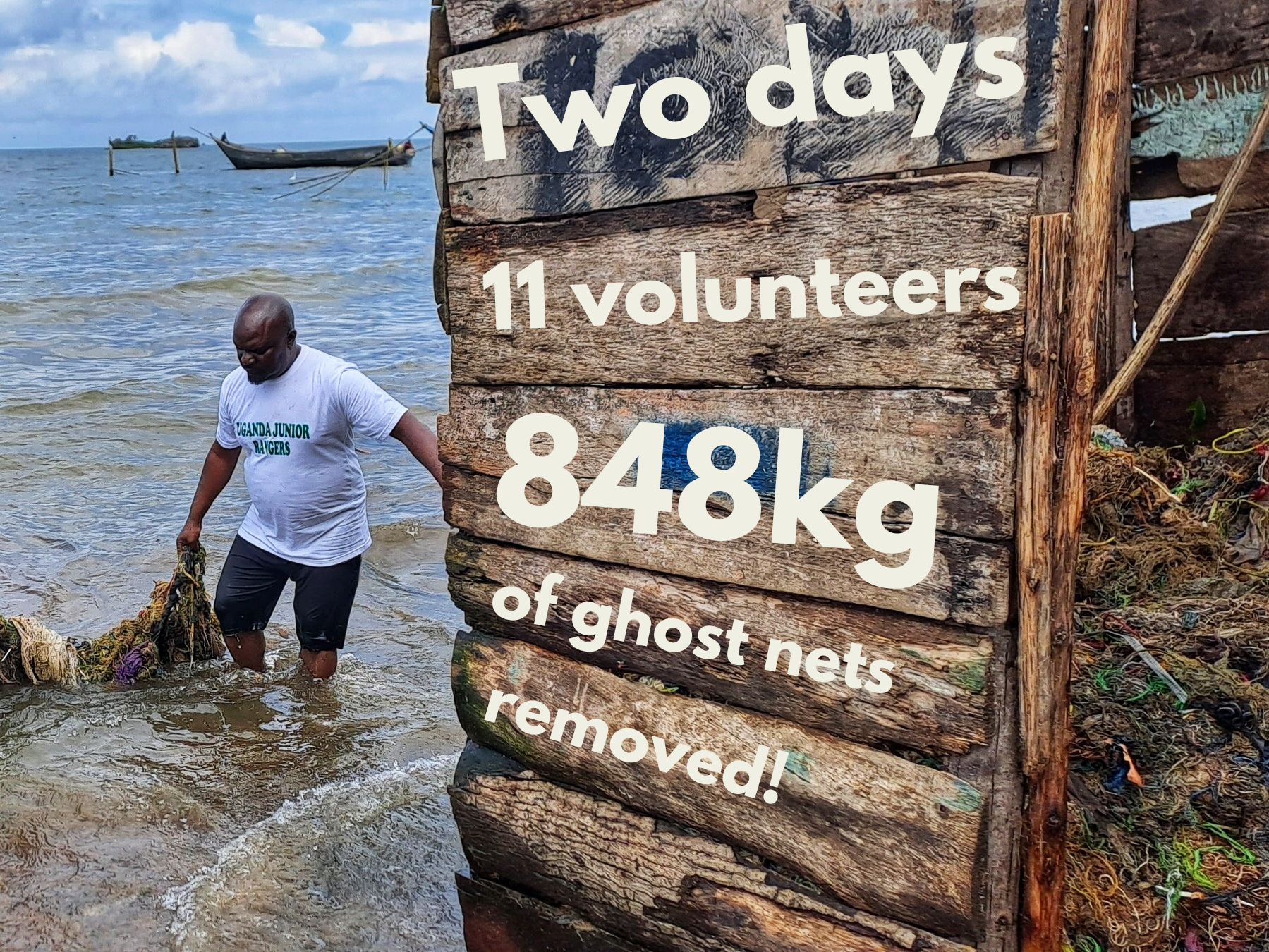
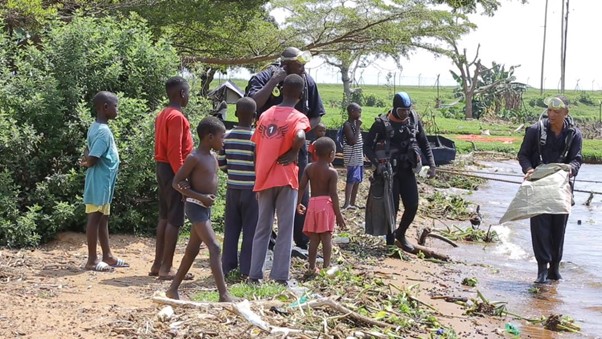
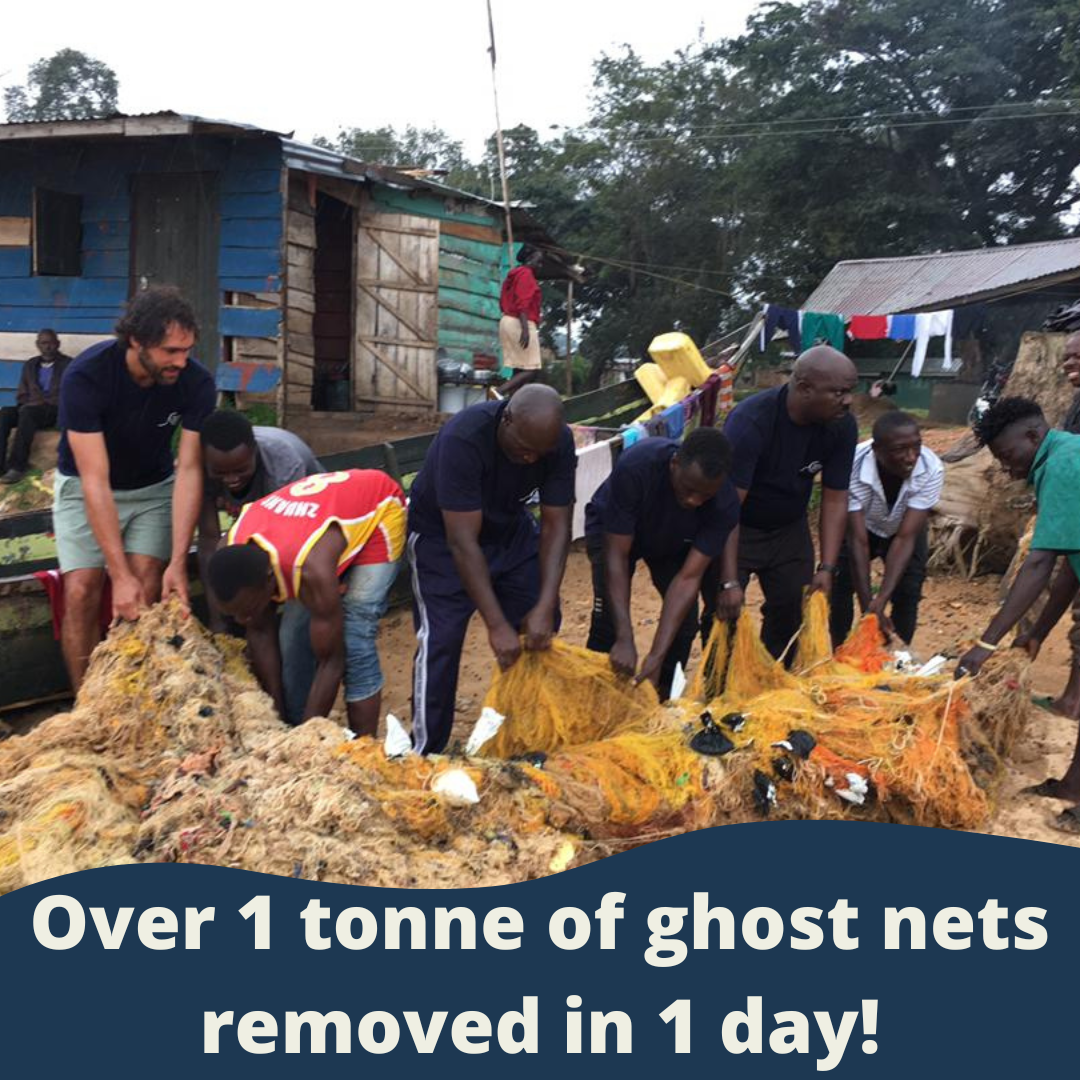
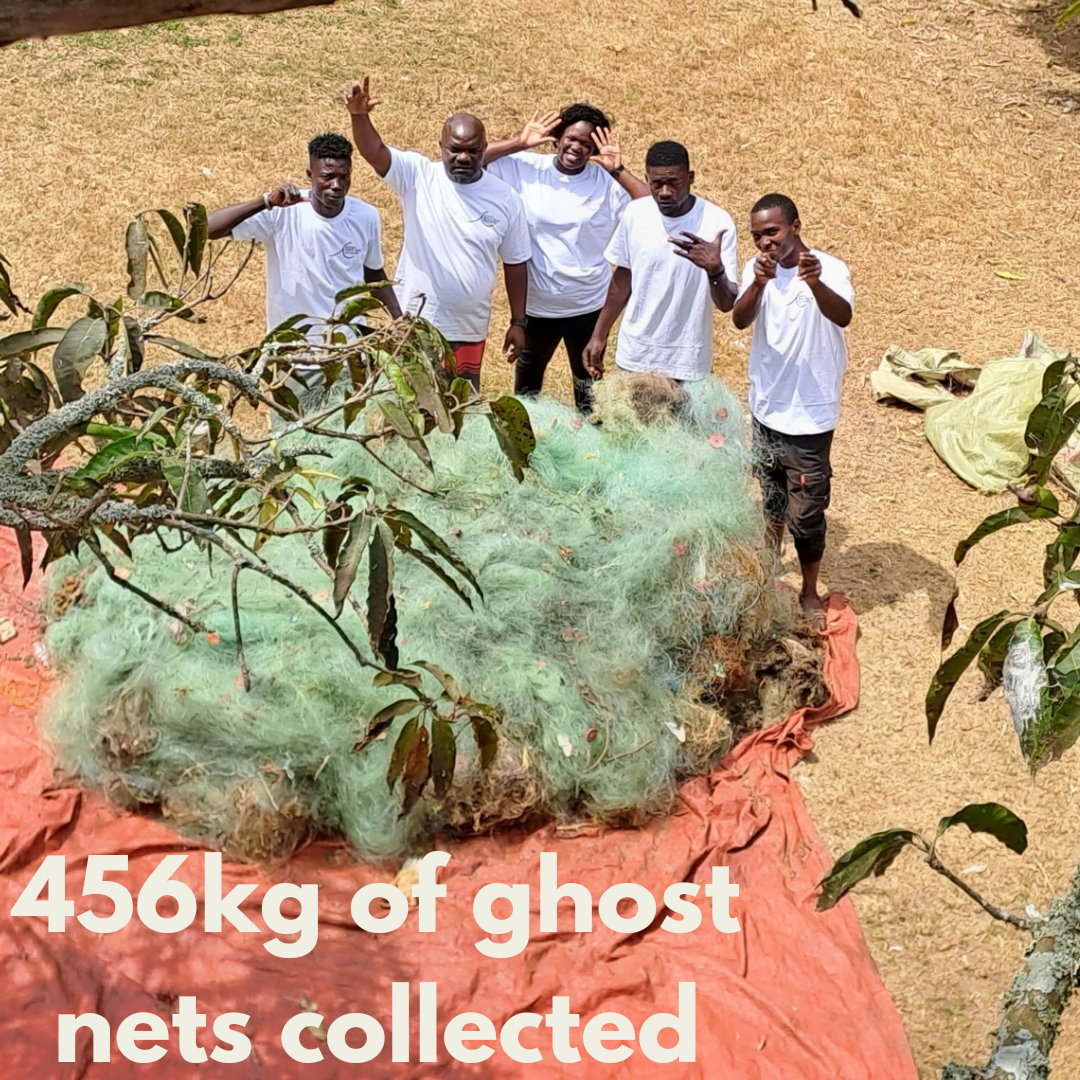
Seeing the problems his community was facing, Mutumba Faisal founded the Uganda Junior Rangers, an NGO with the mission to provide environmental education programs for the youth in the communities surrounding Kampala, Uganda. After years of conservation efforts in and around the lake, one problem became increasingly concerning – ghost gear. The world has only recently been waking up to the deadly threat ghost gear poses to aquatic environments. Very little is known about the extent of ghost gear in the ocean – even less is known about ghost gear in lakes. In early 2022, after discussions about how this problem can be tackled with engineers, scientists and consultants from around the world, the Lake Victoria Clean Up project was founded.
The Lake Victoria Clean Up project seeks to find long-term solutions to the ghost gear problem in Lake Victoria by working with local stakeholders to gain a deeper understanding of the complexity of the issue. Regular shore clean-ups aim to engage the community in the project and provide data, for instance, on hotspots and the types of nets found. The nets are sorted, dried and samples will soon be sent to the project’s engineers in the Netherlands to assess the nets’ recyclability. Professional divers will conduct underwater clean-ups and surveys to provide more data on the extent of the problem. Project Baseline, as well as Octopodes and Scubaxperience from the Netherlands, have donated dive equipment, to equip three divers to safely locate and remove ghost nets from Lake Victoria. In addition to clean ups, the project will offer educational workshops for the fishers, as well as conservation, fishing and dive courses and workshops for children, to foster an ethic of environmental stewardship within the community.
Throughout the project, the focus is on providing solutions that benefit the environment and the community. Engineers in the Netherlands will aim to develop a product that can be made out of the collected nets and benefit the local communities. Though initially funded by grants and other external funding sources, such as the Global Ghost Gear Initiative’s 2022 Small Grant, the aim of the project is to become self-sufficient, providing jobs and income to the community.
Any donations, including the donation of children’s dive equipment, would be greatly appreciated and will help towards the success of this pilot project.
If you would like to get in touch with The Lake Victoria Clean Up Project, please contact Mutumba at mutumbaf@yahoo.com.
